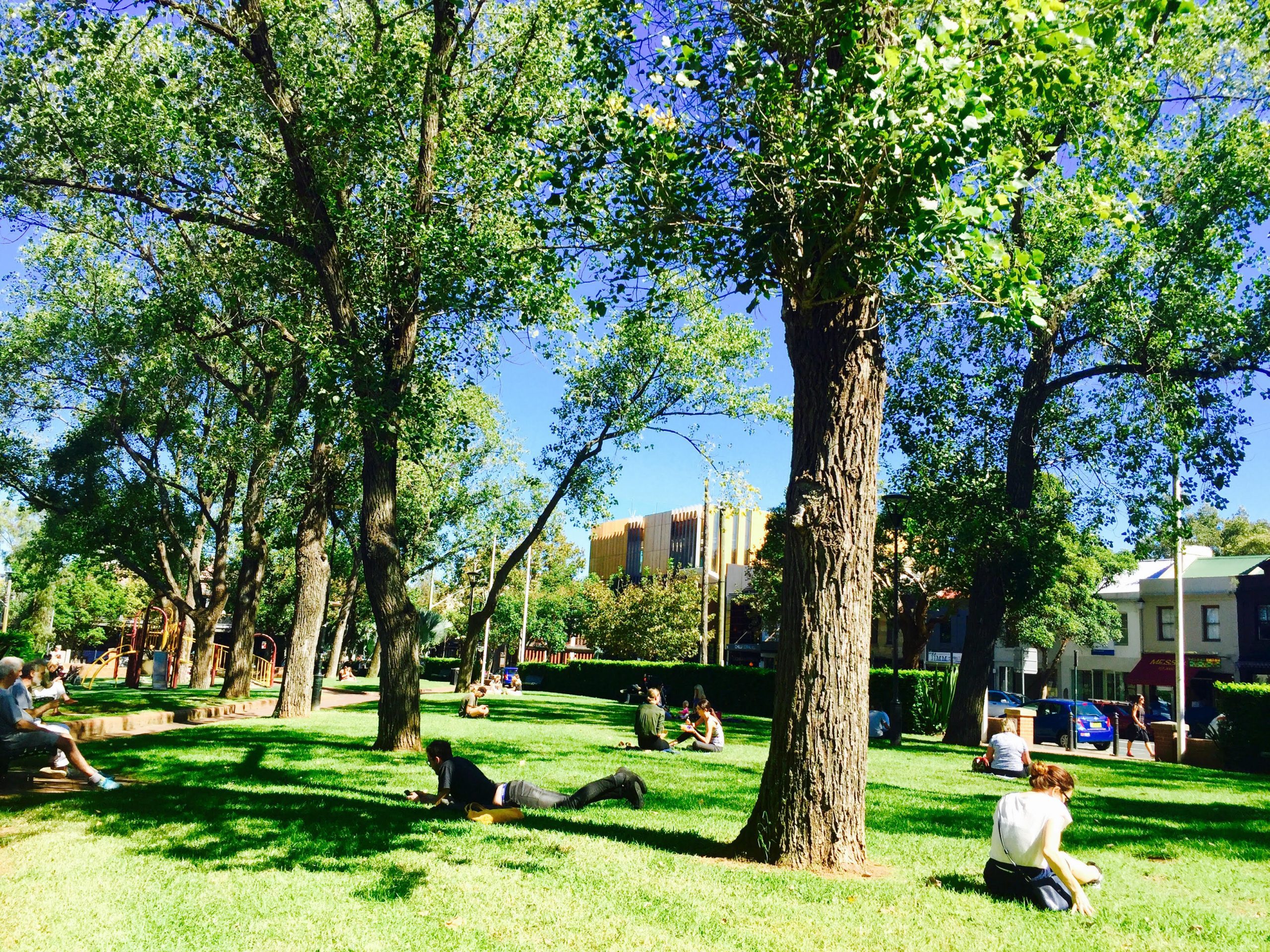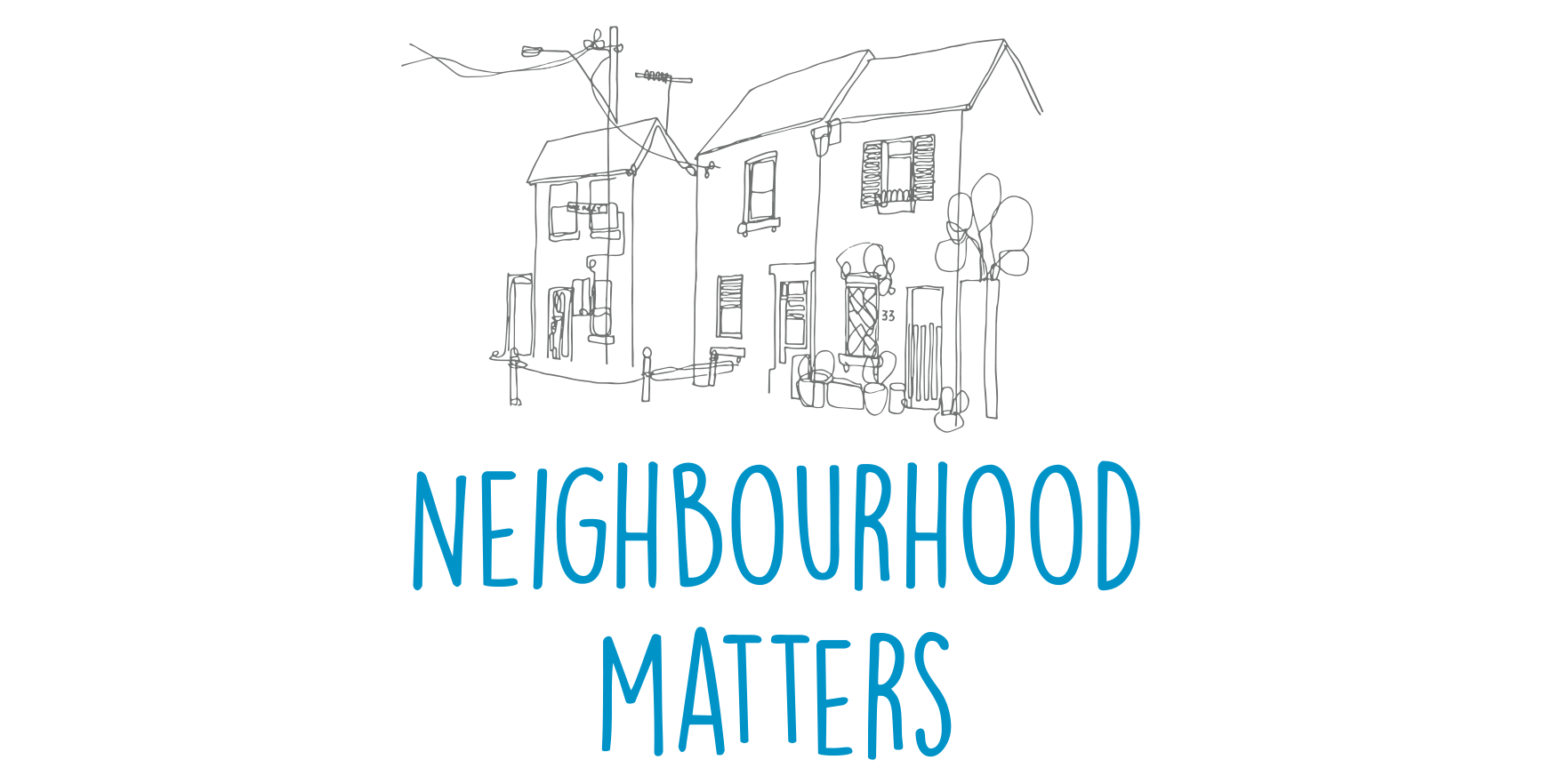
The Covid-19 pandemic has ushered in a season of ‘micro-living’. In many ways our lives have become smaller, concrete, more ordinary and local. Instead of expensive overseas travel to exotic, faraway places, we consider a walk to the local shops as extravagant. Rather than going out to enjoy the ‘foodie’ scene by tracking down the trendiest restaurant, we are cooking at home, spending money locally and focusing on enjoying time with family or neighbours. Rather than spending our leisure time in other parts of the country, we are walking the streets of our neighbourhoods. We are observing the daily rhythms of life in the places we live that we would normally not see sitting in an office in the workplace, usually far away from our home.
We often hear the term ‘glocal’, encouraging us to ‘think globally, act locally’, or suggesting that the global and local are just as important as each other. However I want to propose that this pandemic season has highlighted the primary significance and value of the local. We have paid attention to local businesses, networks, schools, neighbourhoods, geography, communities, economies, institutions and public spaces more than ever in the last couple of months. We have had to do this because of physical/social distancing and the ‘lockdown’.
Yet many have been championing the importance and goodness of the local for some time.
In their book The Abundant Community: Awakening the power of families and Neighborhoods, John McKnight and Peter Block focus on the power of thinking and acting locally. They contrast a citizen, ‘who chooses to create life, the neighbourhood, the world from their own gifts and the gifts of others’, with a consumer, ‘who has surrendered to others the power to provide what is essential for a full and satisfied life’. During this pandemic we have seen people shift from being consumers to citizens as they have moved from relying on external institutions for support to focusing on their local networks and neighbours for assistance. We have seen examples of local ‘blessing boxes’, people ‘chalking’ encouraging messages on pavements, ‘adopt-a-business’ initiatives to support local cafes, encouraging notes in letterboxes, and community groups supplying information, support and advice to vulnerable people in the neighbourhood. We have rediscovered and re-embodied urbanist Jane Jacobs’ classic phrase ‘eyes on the street’. This is about local people engaging in their local spaces to keep those places safe and to retain and transmit the embedded knowledge of that place, strengthening social cohesion and building a resilient community that can withstand any disaster.
In his book Building Resilience: Social Capital in Post-Disaster Recovery, Daniel Aldrich writes that places that have experienced great disasters do not recover primarily because of the amount of aid given by governments and institutions but because of their depth of social capital – that is, the strength of local networks and social relationships that exist in that place. If a community has strong relationships, social networks and a healthy practice of ‘eyes on the street’, it will be more resilient and will recover more quickly in difficult times. We have seen this resilience develop in many communities during the pandemic, so how can we build on this in a post-Covid-19 world?
The temptation will be to go back to the way things were: unbounded global travel, long travel times from home to office and the pursuit of a ‘larger life’ by having many options set before us rather than simply choosing local and living a smaller, quieter yet possibly more fruitful and faithful life. Indeed a ‘bounded’ life – restricted to local places, economy and neighbourhoods – can also be liberating. It can help foster social cohesion, resilience and care for our planet. With all the very real concerns of climate change, social fragmentation, rampant consumerism and individualism that show humanity’s fragility, our unbounded lifestyles cannot secure a sustainable world.
And as we have seen recently, there can be great joy in ‘micro-living’.
Elizabeth Newman writes in Untamed Hospitality that the manifestation of God’s shalom does not depend on big events but rather on the ordinary, the small and the practice of faithful presence through acts of hospitality towards those in our spheres of influence:
The faithful practice of hospitality must begin and also end with what our society will tend to reject as of little consequence. Waiting for the earthshaking event or the cultural or even ecclesial revolution can paralyze us. We are rather, as the gospel reminds us, called to be faithful in the small things. Hospitality is a practice and discipline that asks us to do what in the world’s eyes might seem inconsequential but from the perspective of the gospel is a manifestation of God’s kingdom.
Ordinary, faithful and small acts in local spaces can emit the fragrance of a new reality, the reign of God in our neighbourhoods. This is, I believe, what we’ve had a glimpse of during the pandemic. We have the opportunity to build on this posture and nurture it in the new normal that we are entering into.
(This article first appeared here http://www.ethos.org.au/online-resources/Engage-Mail/a-bounded-life-embracing-the-local )
